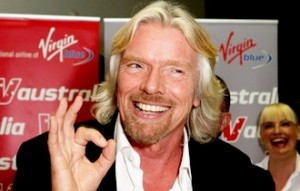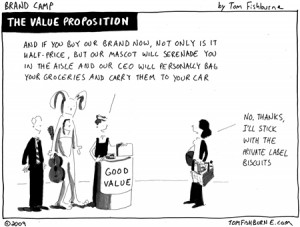Energy Aware‘s sleek, user-friendly PowerTab is a gadget that I would personally want to invest not only my money, but time into. Customizing the item to provide instant feedback on electrical use in both dollar and time values, provides a significant point of difference for Energy Aware. A point of difference that as a customer, would catch my attention and interest. Its point of parity however, is a significant one in contrast.
 “BC Hydro agrees to modify smart-meter program.” – Globe and Mail…so Energy Aware isn’t the only one reaching out to the every growing, environmentally aware, prime target market. The recent implementation of BC Hydro’s smart-meter program might prove to be the rope tying the advancement of the PowerTab in locations other than San Diego.
“BC Hydro agrees to modify smart-meter program.” – Globe and Mail…so Energy Aware isn’t the only one reaching out to the every growing, environmentally aware, prime target market. The recent implementation of BC Hydro’s smart-meter program might prove to be the rope tying the advancement of the PowerTab in locations other than San Diego.
Having just gotten the PowerTab recently approved in San Diego’s loyal borders, Energy Aware needs to focus on the next big challenge; that is now getting approval from BC Hydro for the sale of the highly anticipated PowerTab in British Columbia.
I don’t doubt that the PowerTab would be a hit to all citizens – young and old – concerned with the state of their environment. What I have doubts about is with the swift approval from fellow competitor BC Hydro. Because really, who would want to give rights to a small, new company to sell a relatively more favourable product, along with a corner of their overall revenue gained from the smart-meter program?
Well, with fingers crossed, all environmentally intrigued citizens can enjoy the wireless connecting, not privacy intrusive, and electrical usage resource on their countertops in the near future.


